The NFT music space has been hailed as a revolutionary force in the creative industry, promising artists greater control over their work and more transparent revenue streams. However, beneath the surface of this innovation lies a growing concern: vulnerabilities in smart contract execution that threaten to undermine the very benefits NFTs are supposed to deliver. Recent incidents have exposed flaws in automated processes, raising questions about whether the technology is truly ready for widespread adoption.
The Promise and Peril of Smart Contracts
At the heart of every NFT music transaction is a smart contract—a self-executing agreement with terms written directly into code. These contracts are designed to automate royalty payments, licensing agreements, and other critical aspects of music ownership. In theory, this eliminates intermediaries and ensures artists get paid fairly. But as several high-profile cases have shown, the reality is far more complicated.
One major issue stems from the immutable nature of blockchain technology. While this feature is often touted as a strength, it becomes a liability when contracts contain errors or loopholes. Unlike traditional legal agreements that can be amended through mutual consent, flawed smart contracts may continue operating indefinitely with no way to correct mistakes. This has led to situations where artists find themselves locked into unfavorable terms with no recourse.
The Royalty Payment Problem
A particularly troubling pattern has emerged around royalty distribution. Several NFT music platforms have experienced incidents where smart contracts failed to properly execute royalty splits between collaborators. In some cases, secondary sales royalties that should have gone to original creators were instead routed to incorrect wallets or lost entirely due to coding errors.
What makes these failures especially concerning is their automated nature. There's typically no human oversight to catch these mistakes before they occur. Once the contract is deployed, the system blindly follows its programming—even when that programming contains critical flaws. This has left many artists frustrated as they watch earnings disappear into the blockchain void.
Security Vulnerabilities and Exploits
Beyond simple coding errors, some NFT music contracts have fallen victim to deliberate exploits. Hackers have identified weaknesses in contract logic to drain funds or manipulate ownership rights. One notorious incident involved an attacker exploiting a reentrancy bug—a well-known vulnerability in smart contract design—to repeatedly withdraw funds that should have been locked.
These security issues are compounded by the fact that many musicians lack the technical expertise to audit smart contracts themselves. They must rely on platform-provided templates or third-party developers, creating potential trust issues. Even well-intentioned developers can overlook vulnerabilities that only become apparent after deployment.
The Gas Fee Conundrum
Another unexpected issue affecting contract execution involves Ethereum's gas fees—the payments required to process transactions on the network. During periods of high congestion, these fees can spike dramatically. Some artists have discovered that their royalty payments were consumed entirely by gas costs, leaving them with nothing.
This creates perverse incentives where it becomes economically unviable to claim earnings. Smart contracts can't automatically adjust for fluctuating network conditions, meaning royalty structures that seemed reasonable during development might become impractical in real-world usage. The result is a system that technically functions as programmed but fails to deliver on its promises.
Legal Gray Areas
The automated nature of smart contracts also raises complex legal questions. Traditional music contracts include provisions for dispute resolution and force majeure clauses—none of which typically exist in their blockchain counterparts. When something goes wrong, artists find themselves navigating uncharted legal territory.
Some jurisdictions are beginning to grapple with how to handle smart contract disputes, but the law remains far behind the technology. This leaves victims of faulty contracts in limbo, unsure whether they can seek legal remedies or if they're simply out of luck due to the "code is law" philosophy underlying blockchain systems.
Moving Toward Solutions
Despite these challenges, the industry isn't standing still. Some platforms are implementing multi-signature wallets that require human approval for certain transactions, creating a safeguard against faulty automation. Others are developing upgradeable contract frameworks that allow for post-deployment fixes while maintaining blockchain security principles.
There's also growing recognition that smart contracts need better testing environments and auditing standards. Several organizations now offer specialized services to review contract code before launch, though these remain out of reach for many independent artists due to cost barriers.
The NFT music revolution still holds tremendous potential, but its success depends on addressing these critical execution vulnerabilities. As the technology matures, the industry must find ways to balance automation with necessary safeguards—ensuring that the promise of fair compensation and creative control becomes reality rather than just marketing hype.

By Ryan Martin/Apr 14, 2025

By Daniel Scott/Apr 14, 2025

By Megan Clark/Apr 14, 2025

By Noah Bell/Apr 14, 2025

By George Bailey/Apr 14, 2025

By Laura Wilson/Apr 14, 2025

By Ryan Martin/Apr 14, 2025

By Grace Cox/Apr 14, 2025

By Amanda Phillips/Apr 14, 2025

By Joshua Howard/Apr 14, 2025

By Emily Johnson/Apr 14, 2025
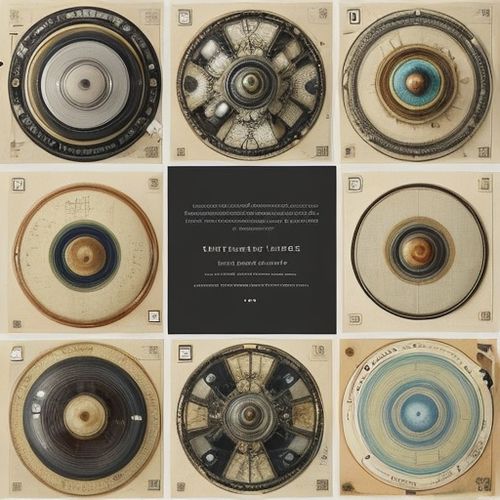
By Michael Brown/Apr 14, 2025

By Benjamin Evans/Apr 14, 2025
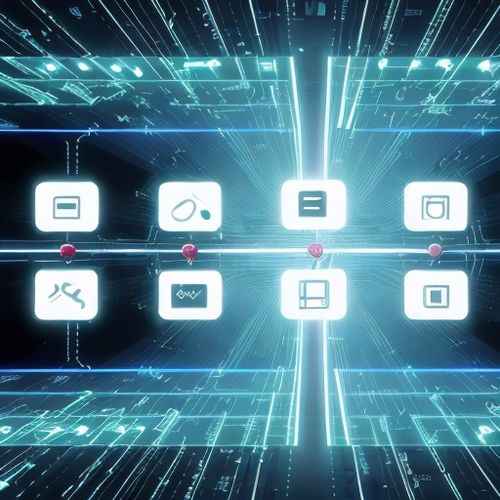
By Megan Clark/Apr 14, 2025
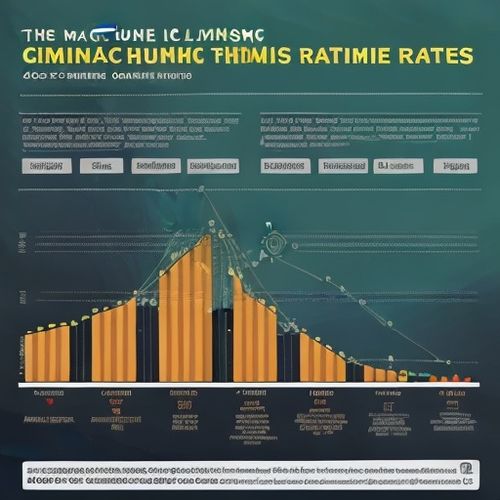
By Lily Simpson/Apr 14, 2025
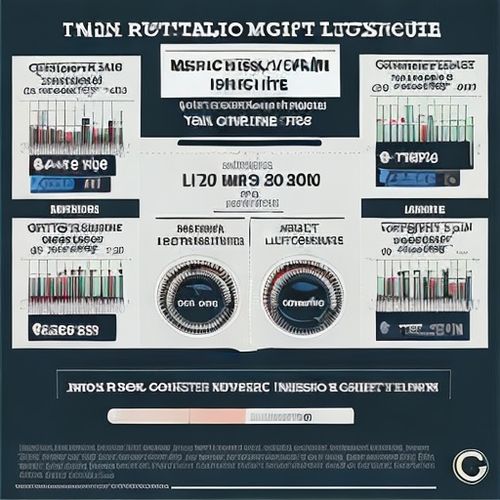
By Samuel Cooper/Apr 14, 2025

By Olivia Reed/Apr 14, 2025
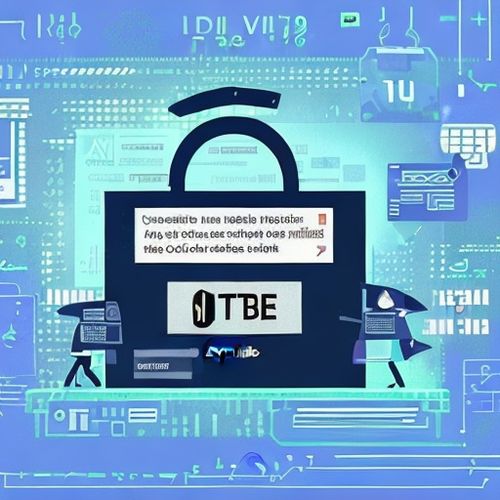
By Christopher Harris/Apr 14, 2025
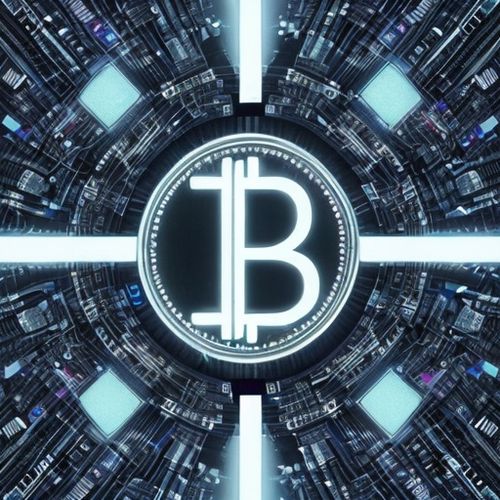
By Megan Clark/Apr 14, 2025

By Emma Thompson/Apr 14, 2025